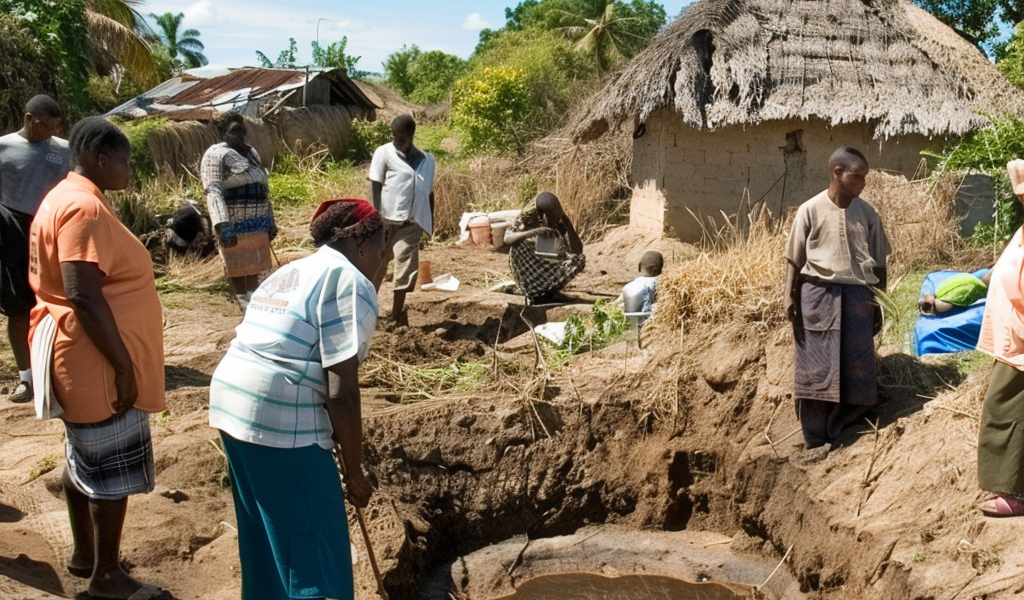Climate change is amplifying the risk of a resurgence of malaria, a disease transmitted by mosquitoes, according to disease control and prevention specialists. The impact of climate change on the patterns of mosquito-borne infections, such as malaria, is becoming increasingly evident.
Health official Tatiana Marrufo’s recent visit to Mozambique’s Manica province revealed a concerning rise in reported malaria cases. This region, known for historically having low malaria cases due to its cooler and drier climate, is now experiencing an increase in infections. Marrufo attributes this shift to changing weather patterns that are creating a more favorable environment for mosquitoes to thrive.
The surge in malaria cases underscores the ongoing threat posed by this disease, which remains a significant global health concern. The World Health Organization estimates that malaria caused nearly 250 million infections and over 600,000 deaths in 2022.
While advancements in prevention, diagnosis, and treatment of malaria have been made, the COVID-19 pandemic has hindered progress in combating the disease. The overall decline in malaria cases observed since the early 2000s is now at risk of reversal due to the combined effects of climate change and other factors.
Marrufo emphasizes the impact of extreme weather events, such as cyclones, on public health in Mozambique. These events contribute to the spread of diseases like cholera and diarrhoeal infections, exacerbated by flooding and inadequate sanitation. Additionally, food insecurity resulting from climate-related disruptions poses challenges for local communities, particularly subsistence farmers.
The displacement of populations due to climate-related disasters further complicates the health landscape, facilitating the transmission of diseases and straining already fragile healthcare systems. As climate change continues to drive environmental changes, the risk of mosquito-borne infections like malaria and dengue is expected to escalate, necessitating a comprehensive approach to disease control and prevention.





